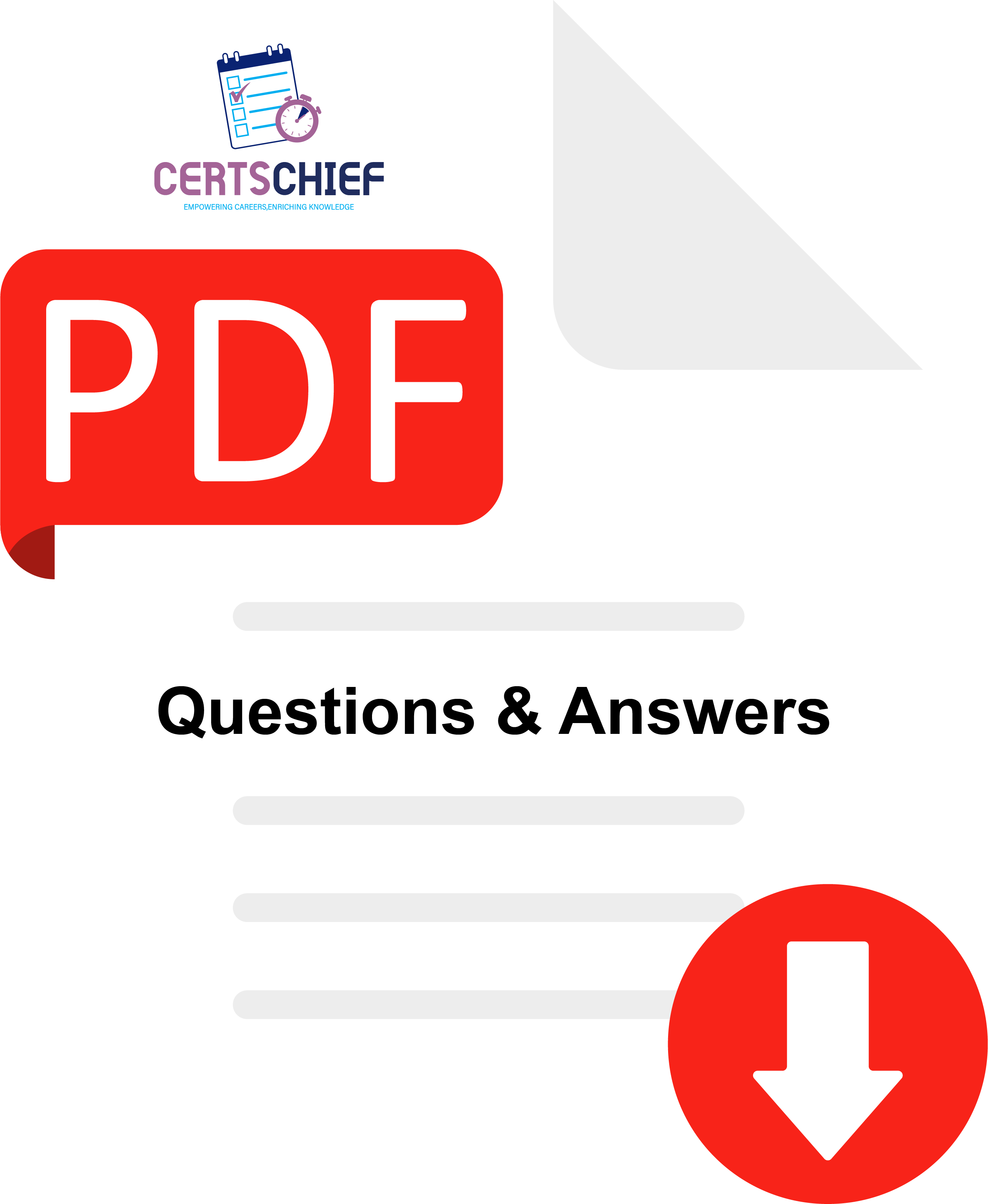Medical Technology Exams Practice Test and Questions Answers PDF
Medical technology exams have become an integral part of modern healthcare, revolutionizing the way diseases are diagnosed, treated, and managed. Advancements in medical technology have provided healthcare professionals with cutting-edge tools and techniques that offer unparalleled precision, accuracy, and efficiency. In this comprehensive guide, we will delve into the various aspects of medical technology exams, exploring their significance, applications, and the promising future they hold in transforming healthcare as we know it.
- Evolution of Medical Technology Exams
The journey of medical technology exams dates back to the early days of radiography and electrocardiography, where simple machines paved the way for the complex systems we have today. Technological advancements have led to the development of sophisticated imaging modalities, such as magnetic resonance imaging (MRI), computed tomography (CT), and positron emission tomography (PET). These non-invasive techniques have revolutionized medical diagnosis by providing detailed images of internal organs and structures, aiding in the detection of diseases and abnormalities.
- Applications in Diagnostic Medicine
Medical technology exams play a crucial role in diagnostic medicine. Radiological exams, like X-rays and CT scans, allow healthcare professionals to visualize bones, organs, and tissues to identify fractures, tumors, or other abnormalities. Advanced imaging modalities like MRI and PET scans provide detailed insights into soft tissues and metabolic activities, helping in the early detection and staging of diseases like cancer and neurological disorders.
Additionally, molecular diagnostic techniques have emerged, enabling the detection of specific genetic markers or biomolecules indicative of certain diseases. These exams have significantly improved disease detection sensitivity and specificity, leading to more accurate diagnoses and targeted treatment plans.
- Artificial Intelligence (AI) in Medical Technology Exams
The integration of artificial intelligence (AI) in medical technology exams has further amplified their capabilities. AI algorithms can analyze vast amounts of medical data, such as images, patient records, and scientific literature, to identify patterns and make informed decisions. Machine learning algorithms assist radiologists in detecting abnormalities in medical images, reducing the chances of oversight and improving diagnostic accuracy.
Furthermore, AI-driven decision support systems aid in the interpretation of test results, enabling healthcare providers to make evidence-based decisions and providing personalized treatment recommendations for patients. The combination of AI and medical technology exams holds tremendous promise in enhancing healthcare outcomes and streamlining medical workflows.
- Wearable Health Monitoring Devices
Wearable health monitoring devices have garnered significant attention in recent years. These devices, ranging from smartwatches to fitness bands, can continuously track various physiological parameters, such as heart rate, blood pressure, and sleep patterns. They provide valuable data to individuals and healthcare professionals, enabling proactive health management and early detection of potential health issues.
The integration of wearable devices with mobile applications allows users to monitor their health in real-time, promoting a more engaged and proactive approach to personal well-being. Additionally, healthcare providers can leverage this data to gain insights into patients’ daily activities and overall health, facilitating remote patient monitoring and personalized healthcare interventions.
- Telemedicine and Remote Medical Technology Exams
The emergence of telemedicine has further expanded the reach and accessibility of medical technology exams. Telemedicine allows patients and healthcare providers to connect remotely through video conferencing and other communication platforms. Medical technology exams, such as remote diagnostic imaging, can be conducted and interpreted in real-time, enabling timely access to healthcare services, especially in rural or underserved areas.
Telemedicine also facilitates virtual consultations, making it convenient for patients to seek expert opinions without the need for physical travel. This approach not only saves time and costs but also enhances patient satisfaction and adherence to follow-up care.
- Virtual Simulation and Medical Education
Medical technology exams have also transformed medical education and training through virtual simulations. Medical students and practitioners can now engage in realistic scenarios and hands-on experiences in a risk-free virtual environment. These simulations allow them to practice complex procedures, enhance decision-making skills, and refine their techniques before applying them to real patients.
Virtual reality (VR) and augmented reality (AR) have been particularly valuable in surgical training, allowing surgeons to visualize patient anatomy and practice intricate procedures. Such immersive learning experiences contribute to better-prepared healthcare professionals and ultimately improve patient safety and outcomes.
- Enhancing Efficiency and Reducing Costs
The implementation of medical technology exams has not only improved diagnostic accuracy and patient outcomes but has also contributed to healthcare cost reduction. Early disease detection leads to less invasive and more effective treatment options, which can lower the overall cost of healthcare. Additionally, streamlined workflows and faster access to medical data through electronic health records (EHRs) contribute to greater operational efficiency.
Moreover, remote medical technology exams and telemedicine reduce the need for physical appointments, saving time and transportation costs for both patients and healthcare providers. The optimization of medical resources through technology integration can help healthcare systems address the challenges of increasing patient volumes and limited resources.
- Future Prospects and Challenges
As medical technology continues to advance, the future holds even more exciting prospects. Innovations such as nanotechnology, point-of-care testing, and wearable biosensors are on the horizon, promising further improvements in medical technology exams’ sensitivity, specificity, and portability.
However, alongside these opportunities, there are challenges to address, including data privacy and security concerns, ensuring equitable access to technology across different regions, and effectively integrating new technologies into existing healthcare infrastructures.
Medical technology exams have come a long way, from simple radiographs to AI-driven diagnostics and wearable health monitoring devices. These advancements have transformed healthcare by enabling early disease detection, personalized treatment plans, and improved patient outcomes. As technology continues to evolve, the future of medical technology exams holds tremendous promise in shaping a healthier and more efficient healthcare ecosystem for patients and providers alike. Embracing these innovations responsibly and addressing the challenges will be crucial in realizing the full potential of medical technology exams in advancing global healthcare standards.








